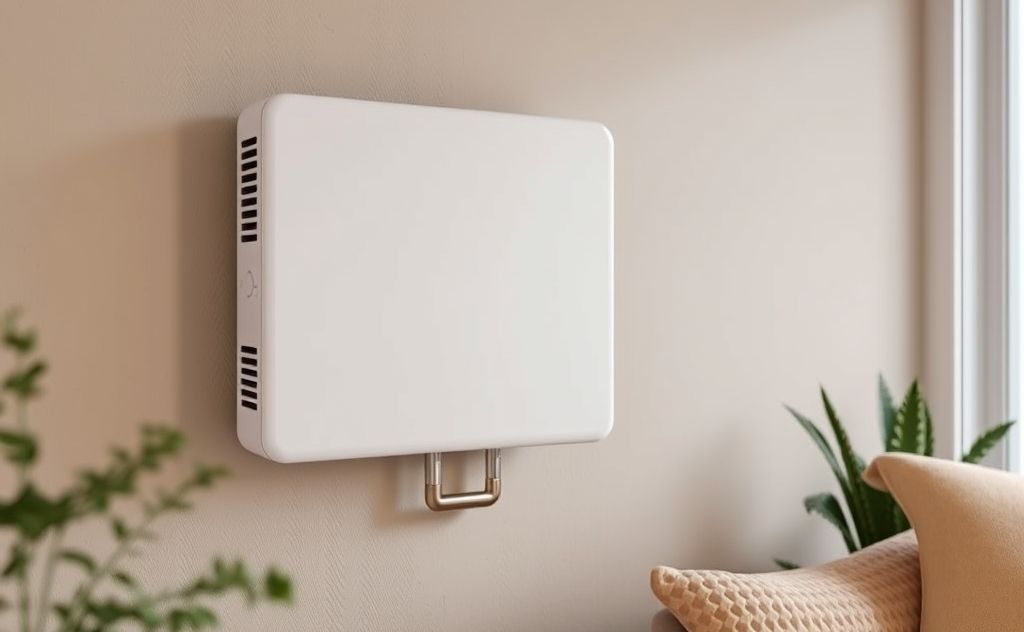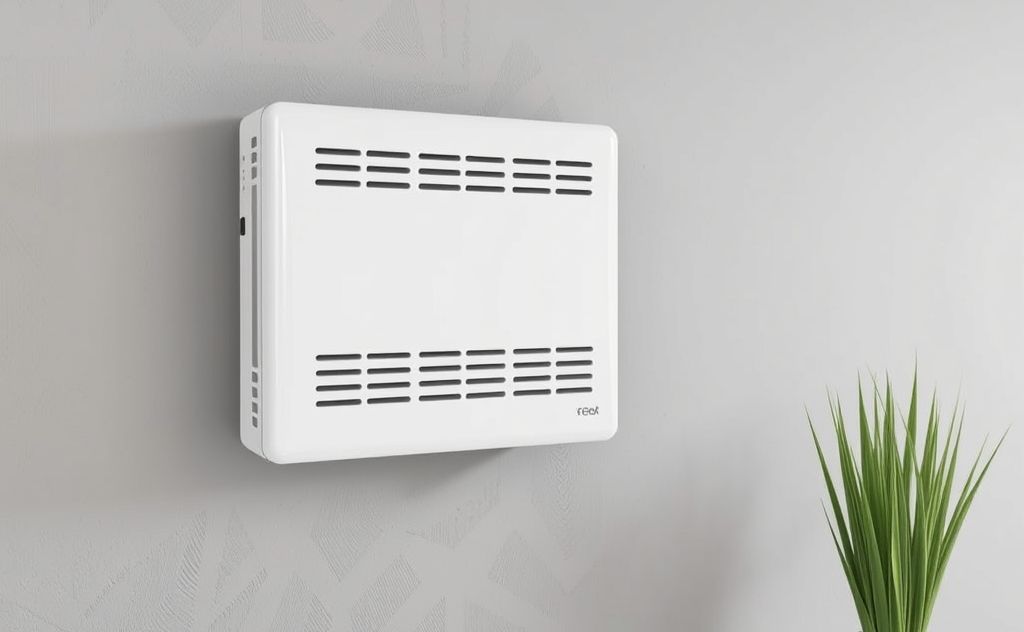Wall-mounted gas heaters offer efficient heating and space-saving benefits, but they can have drawbacks such as higher installation costs and potential safety concerns if not properly maintained.
Wall mounted gas heaters offer efficient heating while saving valuable floor space. These units provide targeted warmth without ductwork, making them popular for supplemental or primary heating. Understanding their advantages and limitations helps homeowners make informed decisions.

Key Advantages of Wall Mounted Gas Heaters
Space-Saving Design
Wall mounted units free up floor space completely. Unlike oil-filled radiators or portable heaters, they integrate seamlessly into your wall. This makes them ideal for small rooms, hallways, or areas with limited square footage.
High Heating Efficiency
Gas heaters convert nearly 90% of fuel into usable heat. They warm spaces faster than many electric alternatives. Modern models include features like modulating burners that adjust heat output based on room temperature.
Lower Operating Costs
Natural gas typically costs less than electricity per BTU. According to U.S. Department of Energy, gas heating can be 30-50% cheaper than electric resistance heating in many regions.
Continuous Heat During Power Outages
Many models operate without electricity, providing warmth when the power goes out. This differs from infrared electric heaters that require constant power.

Potential Drawbacks to Consider
Installation Requirements
Proper installation requires:
- Gas line connection by licensed professional
- Venting for combustion gases (in vented models)
- Clearance from combustible materials
Venting Considerations
Vented models need proper exhaust systems. Ventless options require adequate room ventilation to prevent moisture buildup. The safety of ventless heaters remains debated among experts.
Higher Upfront Costs
While operating costs are lower, initial purchase and installation typically exceed electric alternatives. Expect to pay $500-$2,000 for quality units with professional installation.
Maintenance Needs
Annual servicing by qualified technicians is recommended to:
- Clean burners and heat exchangers
- Check gas connections for leaks
- Inspect venting systems
Critical Safety Features
Modern wall mounted gas heaters include multiple safety mechanisms:
| Feature | Purpose |
|---|---|
| Oxygen Depletion Sensor | Shuts off unit if oxygen levels drop |
| Tip-Over Switch | Deactivates if unit becomes dislodged |
| Overheat Protection | Prevents dangerous temperature buildup |
| Flame Failure Device | Cuts gas supply if flame extinguishes |
Choosing the Right Model
BTU Requirements
Calculate needed BTUs using this formula:
Square Footage × 20 = Approximate BTU Requirement
For example, a 200 sq.ft. room needs about 4,000 BTUs. Consider higher output for rooms with poor insulation.
Vented vs. Ventless
Vented models exhaust combustion gases outside, while ventless units release heat and moisture into the room. Ventless heaters are more efficient but require careful monitoring of indoor air quality.
Smart Features
Premium models offer Wi-Fi connectivity, programmable thermostats, and integration with home automation systems. These features improve convenience and energy management.
Installation Best Practices
Professional installation ensures:
- Proper gas line sizing and connections
- Correct venting configuration
- Adequate clearances from walls and furniture
- Compliance with local building codes
According to NFPA guidelines, wall mounted gas heaters should maintain at least 36 inches clearance from combustible materials in all directions.
Energy Efficiency Comparisons
When comparing to other heating options:
- More efficient than most electric resistance heaters
- Less efficient than heat pumps in moderate climates
- Comparable to oil heating, but with cleaner combustion
High-efficiency condensing models can achieve AFUE ratings above 90%, making them competitive with central heating systems for zone heating applications.
